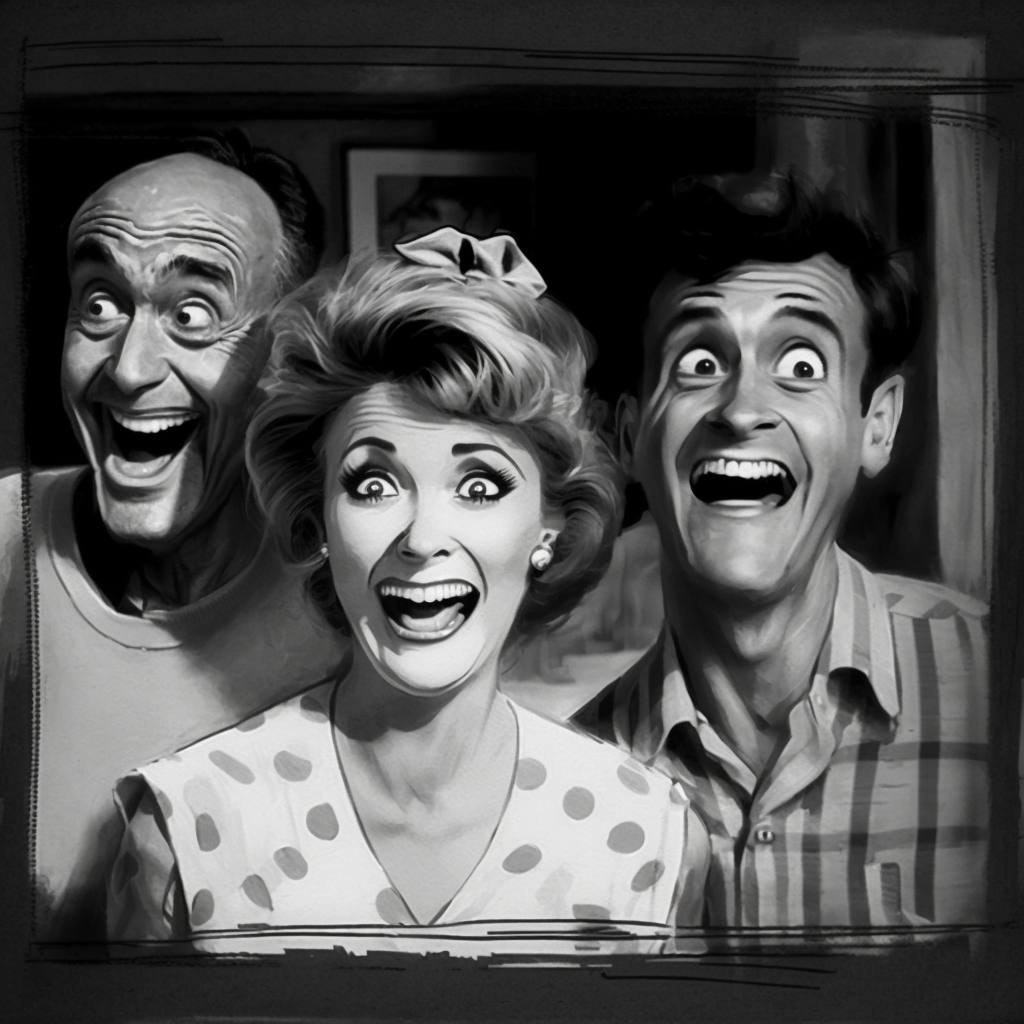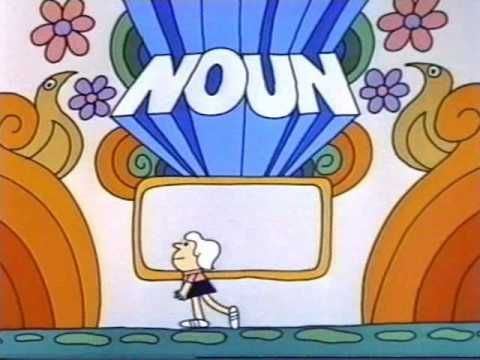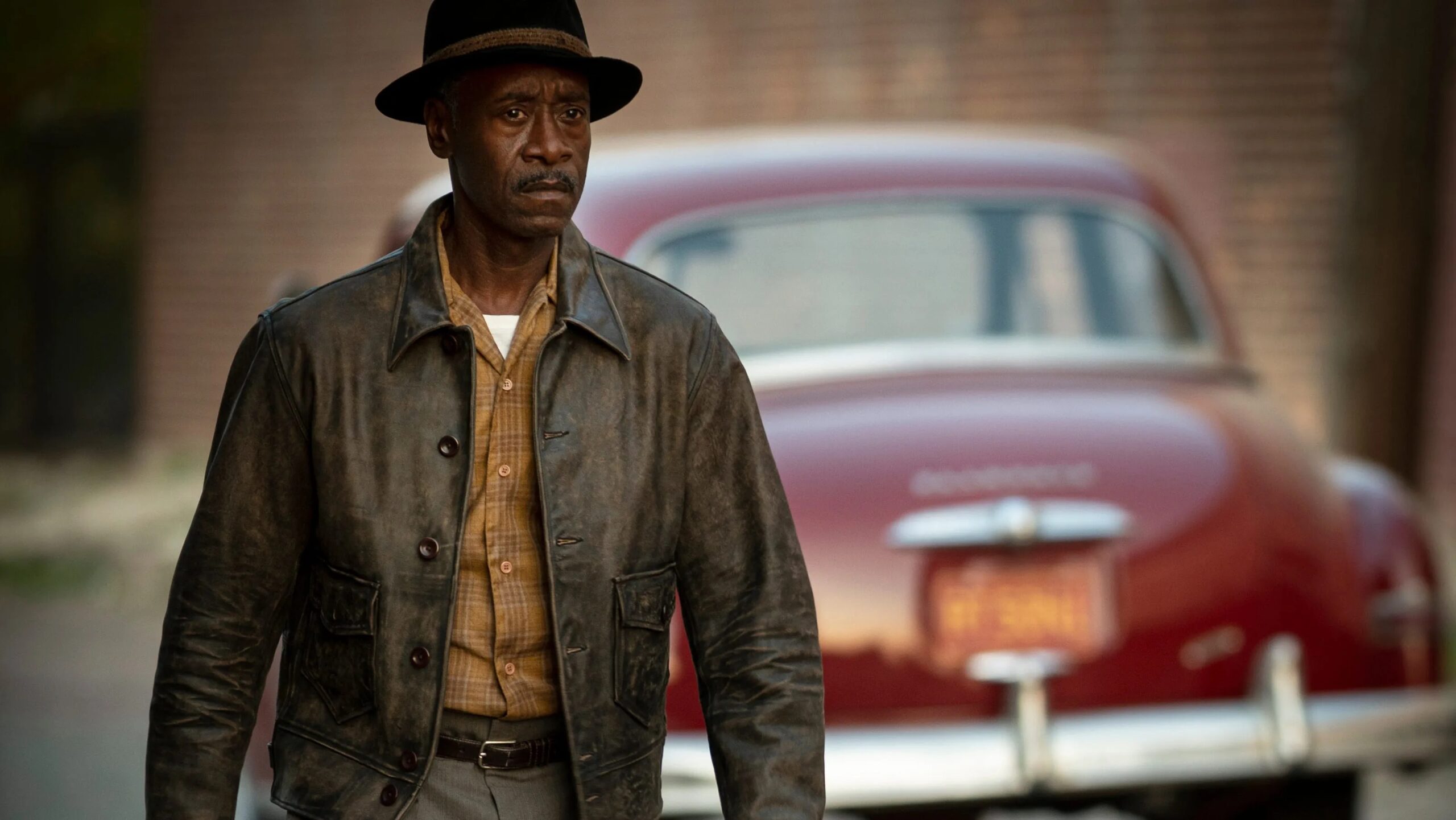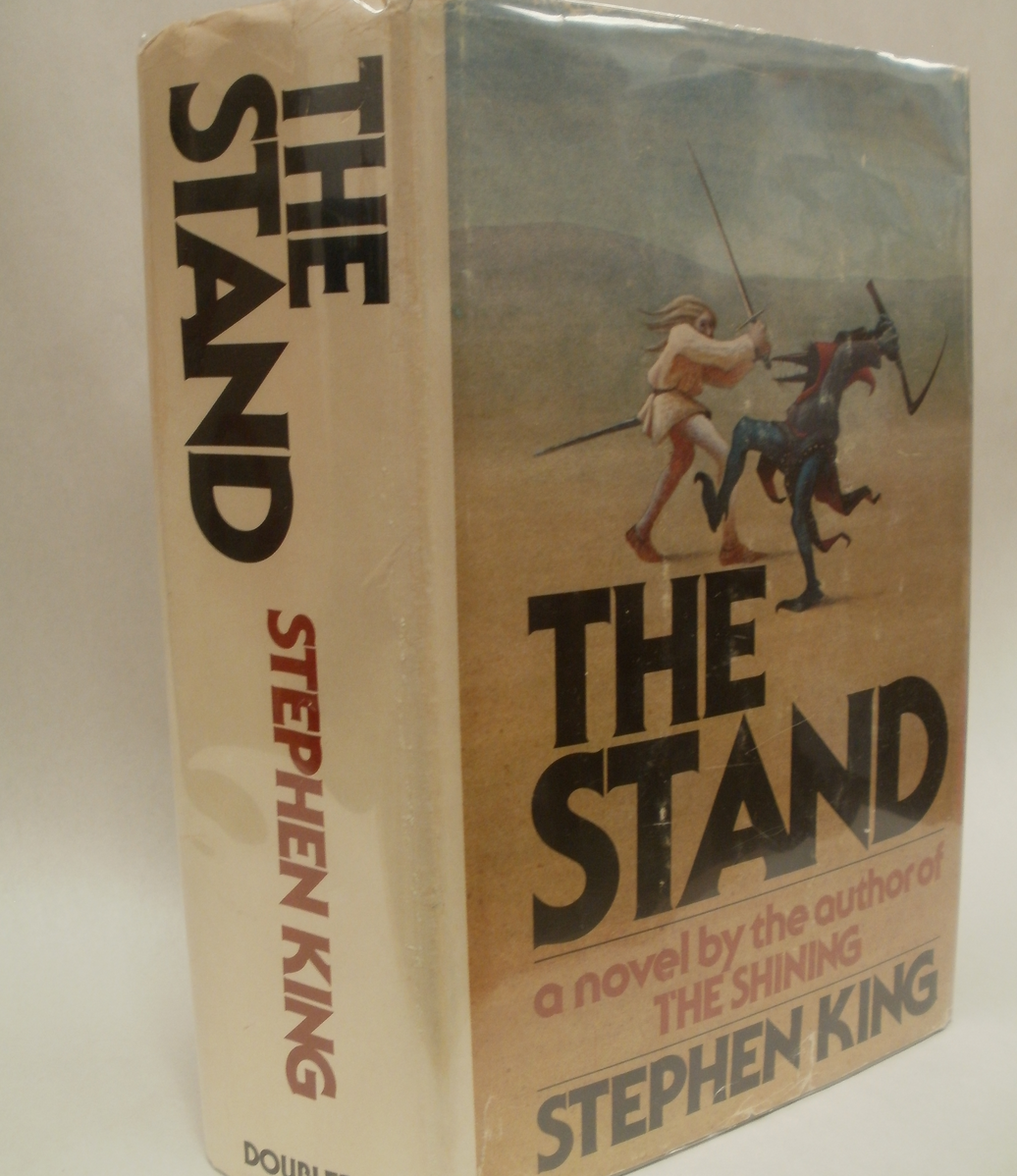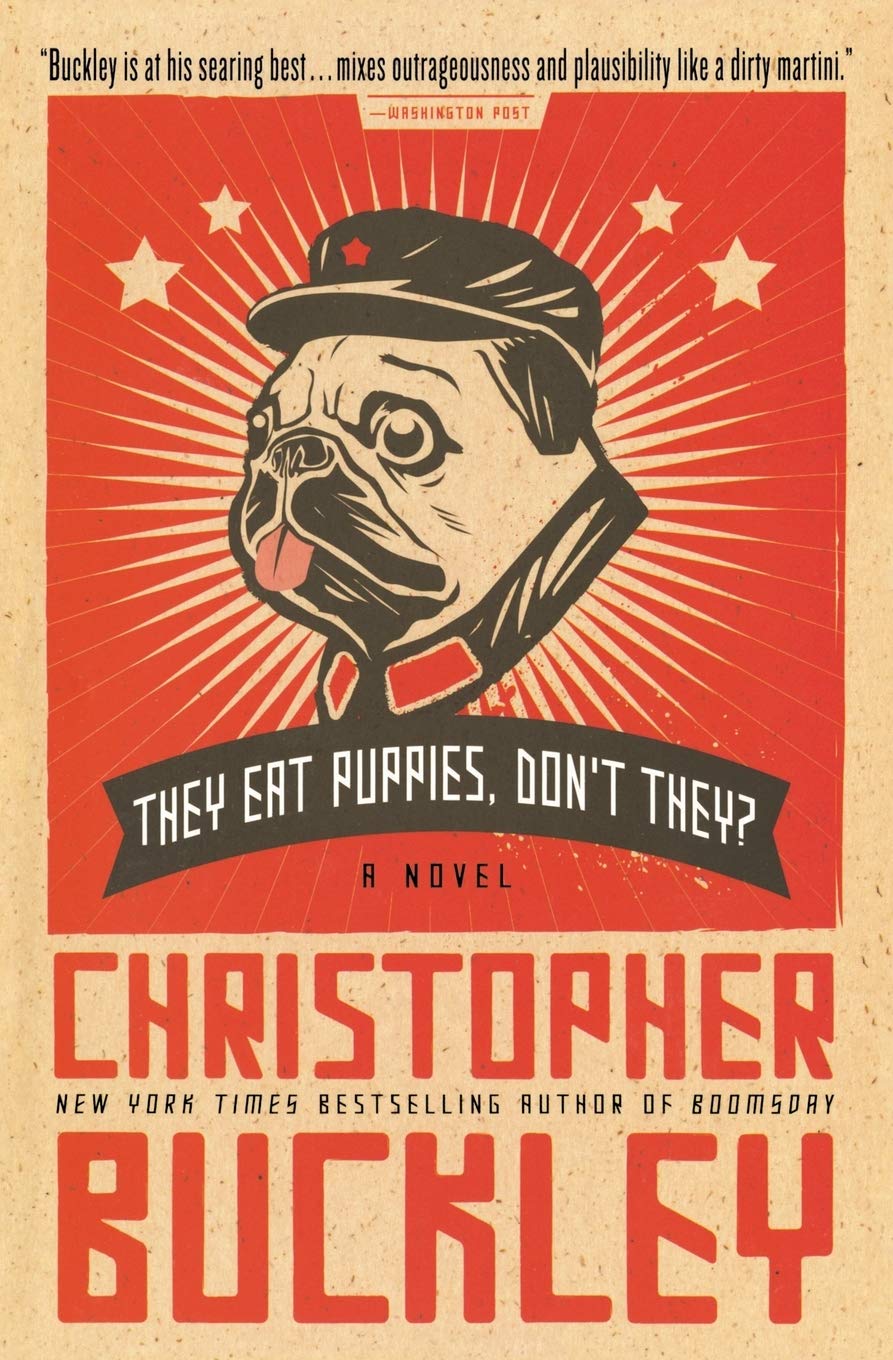 Two original shows I really enjoyed recently retooled or rebooted, not sure what the proper term is. That ’70s Show and Night Court are back as That ’90s Show and Night Court (again). I get the appeal and motivation of retooling old favorites, and bringing back original cast members with new folks in the hope of re-creating popular franchises. I do not understand why they’ve decided to bring the laugh track with them. Continue reading “Lose the laugh tracks, forever”
Two original shows I really enjoyed recently retooled or rebooted, not sure what the proper term is. That ’70s Show and Night Court are back as That ’90s Show and Night Court (again). I get the appeal and motivation of retooling old favorites, and bringing back original cast members with new folks in the hope of re-creating popular franchises. I do not understand why they’ve decided to bring the laugh track with them. Continue reading “Lose the laugh tracks, forever”
Loving “The Last of Us”
I have a healthy amount of skepticism about movies and shows adapted from games. Clue was a rare exception, but it’s hard to go wrong with a cast that includes Tim Curry, Christopher Lloyd, Michael McKean, and the amazing Madeline Kahn. The list of bad or aggressively mediocre media spun off from games is too long to list. The Last of Us isn’t on it.
The first two episodes of The Last of Us were good. Good enough that I wanted to watch more. A little predictable, but Pedro Pascal and Bella Ramsey improve the material enormously.
But, without any spoilers, episode three was incredible. I knew Nick Offerman was going to be in the episode, but I expected a comic turn with his role. Not… not so much.
There were a few moments in the episode where I thought I had everything figured out. Bad habit, but I like to try to guess where the plot is going to go before it gets there. Whether the writers are leaning too hard into predictable plots and tropes, or if they can set up a story that surprises and entertains me without being predictable.
“Long, Long Time” displayed some really confident writing. Only three episodes in and they step (mostly) away from the primary characters to Offerman’s story. It does weave in, when the time is right, and it serves the plot well.
I’m happy as hell that Bella Ramsey has a good role after her turn in Game of Thrones. She was quite possibly my favorite character in the entire series, excepting Arya. (And Tyrion but it’s not really fair to judge others against the standards set by Peter Dinklage. Dude could read an IKEA catalog at the camera for 30 minutes and make it fun.)
Usually I’ll plow through episodes as soon as they’re available for a show I enjoy this much, but I’m savoring it. No more than one episode a day, when I have time to really enjoy it.
Here’s hoping that all the shenanigans over at HBO Max don’t muck it up. They’ve got a pretty good thing going with this show, hope it continues.
The Looney Tunes purge, and the difficulty of collecting them all
Slate has a post about HBO Max pulling Looney Tunes cartoons from the service unexpectedly. Specifically they cut more than 250 cartoons from the service, from 1950 to 2004, including the classic “What’s Opera, Doc?” The thread on Hacker News led me down the rabbit hole (heh) to a great post about trying to find all of the Looney Tunes episodes on disc.
I have a great love of classic Looney Tunes cartoons and snapped up the “Golden Collection” discs as soon as they came out. It was disappointing to find out, in the end, the six box sets didn’t actually constitute the entire collection.
It’s frustrating that Warner Bros. won’t just release an “everything” collection, in release order. The “Golden Collection” is a pain to navigate, so I was really happy with the access to Looney Tunes on HBO Max. Naturally, nothing good lasts forever. Given the way HBO Max is being managed right now, I doubt we’d continue subscribing if we weren’t getting access for free as part of our AT&T bundle.
And entertainment companies wonder why people torrent things…
Goodbye to Schoolhouse Rock! creator George Newall
 Ars has a nice post about one of the creators of Schoolhouse Rock!, George Newall, who passed away at 88.
Ars has a nice post about one of the creators of Schoolhouse Rock!, George Newall, who passed away at 88.
Most Gen X’ers I know can recite at least a few of the Schoolhouse Rock! shorts, and have fond memories of the cartoons meant to teach kids math, grammar, science, and American history or process. (Later series would tackle money and computers.) Continue reading “Goodbye to Schoolhouse Rock! creator George Newall”
“No Sudden Move” is all surface and no substance
My first thought after finishing No Sudden Move last night was “what the hell went wrong?” (Spoilers below, so beware.)
No Sudden Move is a heist film, though you really pick this up only in dribs and drabs. Oh, and it’s also a big deal because the heist isn’t about jewels or money, it’s about a document. But, again, you only learn a little bit at a time the importance of the document and why it should matter.
Until they drop the hammer at the end of the movie, that is, with the reveal.
By then you’ve sat through two hours of trying to piece together “what the hell is going on with this movie?”
The movie sort of feels like a big, expensive Lego kit. All the pieces are there, but the kids got bored and instead of finishing the Death Star they sort of cobbled together a half-assed stack of blocks with Darth Vader sitting on top.
Too many pieces
No Sudden Move is chock full of amazing actors. Its saving grace is that the cast seems to know what’s going on even though the viewers don’t.
There’s a lot of backstory and depth hinted at that isn’t actually sketched in, or it’s dropped in awkwardly through the movie almost as an afterthought. My guess is that the actors knew far more about the characters they were playing than the movie cared to display.
Don Cheadle, Benicio Del Toro, David Harbour and Jon Hamm are all on the money. I’ll watch damn near anything with Don Cheadle in it, and that seems to be what Steven Soderbergh was counting on here.
The plot is underdeveloped and over-complicated. A good heist movie can be complicated, but you have to be able to be in on the gig. As a viewer it doesn’t work when you’re too busy trying to figure out the plot to get pleasure out of the Rube Goldberg machinery required to pull off a successful heist.
The end of the film just felt cheap and tagged on. The document could have been anything and it held damn little sway in the actual film. But the end of the film tries to up-level the stakes of the heist by giving historical weight to the object of the heist without having done the work during the film itself. That’s a failure.
The movie also toys with racial themes without actually delving into them. Again, it felt like a half-assed attempt to give some weight to the movie without actually doing the work.
Why the fish-eye lens?
As a retro movie, the film is full of period costumes, old cars and sets full of nostalgia. The overall visual tone is great. Except… for the fish-eye.
There is a weird fish-eye effect going on throughout the movie. It’s most noticeable in long shots, less so in close-ups or medium shots. At first I was wondering if there was something wrong with the streaming or my TV.
No, apparently this was intentional. It doesn’t lend anything to the film and often detracts from it.
Craig muMs Grant
I wanted to specifically give a call out to Craig muMs Grant, a really powerful actor who never quite got the spotlight he deserved.
Folks who watched Oz will recognize muMs as Poet, and he’s popped up in a lot of bit parts since. He’s got a small role in No Sudden Move, and he’s intense and fun to watch. I was sad to learn while perusing IMDb that he passed away earlier this year due to complications due to diabetes at 52.
Almost adequate
No Sudden Move is almost adequate as a summer heist flick. If you’re willing to glide by on tropes instead of actual storytelling, it’ll fill an evening or give you something to put on in the background while toying with your phone. The performances take it a long way, but they can’t quite overcome the gaps in the story.
Not with a bang, but a whimper: The Stand collapses
 Stephen King, and all of us, keep coming back to The Stand trying to get it right. First published in 1978, The Stand has been re-issued with an additional 500 or so pages in 1990, adapted as a miniseries in the early 90s, a comic series by Marvel from 2008 to 2012, and yet another miniseries this year courtesy of CBS All Access. Despite a solid start, the latest attempt at getting The Stand right falls apart and fails to do justice to the source material.
Stephen King, and all of us, keep coming back to The Stand trying to get it right. First published in 1978, The Stand has been re-issued with an additional 500 or so pages in 1990, adapted as a miniseries in the early 90s, a comic series by Marvel from 2008 to 2012, and yet another miniseries this year courtesy of CBS All Access. Despite a solid start, the latest attempt at getting The Stand right falls apart and fails to do justice to the source material.
Adapting books to television or movies is hard. Even your average novel that only weighs in at 300 pages or so contains more than you can cram into a movie, and is either too much or too little to do well over the course of a series. Game of Thrones loosely adapted one book per season for HBO, and still shed characters and events, combined book characters into a single person to keep things simpler, and so forth.
The Stand tried to do too much in too little time, and even tried to introduce a new ending that was as unsatisfying as it was unnecessary. (If you haven’t watched the show and plan to, beware there are spoilers ahead.) Continue reading “Not with a bang, but a whimper: The Stand collapses”
Weekend Reading: “They Eat Puppies, Don’t They?” and “No Country for Old Men”
Knocked down a couple of fiction books this weekend while traveling to and from Southeast LinuxFest. They Eat Puppies, Don’t They? by Christopher Buckley, and No Country for Old Men by Cormac McCarthy.
I’ve been a fan of Christopher Buckley since I picked up Little Green Men years ago, but he’s probably best known for Thank You for Smoking. (It may be a cliche, but the book truly is better than the film – and the film’s plot diverges pretty heavily from the novel.)
They Eat Puppies is billed as political satire of the relationship between the U.S. and China, but it’s really a farce using China and U.S. relations as a framework. It was a quick read, I got a few chuckles out of it, but it’s far from Buckley’s best work. It’s sitcom-quality humor, and makes for good light reading, but I would be hard-pressed to give it a strong recommendation. If you like Buckley’s other work and want some lightweight reading, give it a try. If you haven’t read Buckley’s other work, pick up Thank You for Smoking and save They Eat Puppies for a long flight when you really just need a distraction. (It was a great palette cleanser after finishing The Corner.)
No Country for Old Men is a quick read, but I don’t think you could call it light reading. I suppose it’s a great novel for people who find Steven King horror novels too uplifting.
On the surface, No Country is a tale about a welder who finds a satchel full of cash at the scene of a drug deal gone bad – and the unrelenting assassin who comes after the money and drugs. It goes deeper than that, though. The primary themes is societal decay, and how one person chooses to react in the face of the decay.
Having seen the movie, I was eager to read the book and get a little deeper into the characters and gather some understanding of Anton Chigurh. On that front, I was disappointed, as the book doesn’t really get into any deep characterizations or go into Chigurh’s thoughts. If you’ve seen the film, you can probably safely skip the book, unless you just really enjoyed the film and would like to relive it with a bit more detail. (I will say that the book is totally unambiguous on a point that the film is slightly queasy about showing explicitly.)
(Post rescued from the dustbin of history by Archive.org and copy/paste. Originally posted on Zonker.net.)
Things that don’t happen in Star Trek
I’m pacing myself… 🙂 This list is obviously pre-Enterprise. (How many folks in the audience watch “Enterprise” faithfully?)
1. The Enterprise runs into a mysterious energy field of a type it has encountered several times before.
2. The Enterprise goes to visit a remote outpost of scientists, who are all perfectly alright.
3. Some of the crew visit the holodeck, and it works properly.
4. The crew of the Enterprise discover a totally new lifeform, which later turns out to be a rather well-known old lifeform wearing a funny hat.
5. The crew ofthe Enterprise are struck by a mysterious plague, for which the only cure can be found in the well-stocked Enterprise sick-bay.
6.The Captain has to make a difficult decision about a less advanced people which is made a great deal easier by the Starfleet Prime Directive.
7. The Enterprise successfully ferries an alien VIP from one place to another without serious incident.
8. An enigmatic being composed of pure energy attempts to interface to the Enterprise’s computer, only to find out that it has forgotten to bring the right leads.
9. A power surge on the Bridge is rapidly and correctly diagnosed as a faulty capacitor by the highly-trained and competent engineering staff.
10. The Enterprise is captured by a vastly superior alien intelligence which does not put them on trial.
11. The Enterprise is captured by a vastly inferior alien intelligence which they easily pacify by offering it some sweeties.
12. The Enterprise visits an earth-type planet called “Paradise” where everyone is happy all of the time. However, everything is soon revealed to be exactly what it seems.
13. A major Starfleet emergency breaks out near the Enterprise, but fortunately some other ships in the area are able to deal with it to everyone’s satisfaction.
14. The Enterprise is involved in a bizarre time-warp experience which is in some way unconnected with the Late 20th Century.
15. Kirk (or Riker) falls in love with a woman on a planet he visits, and isn’t tragically separated from her at the end of the episode.
16. Counsellor Troi states something other than the blindingly obvious.
17. The warp engines start playing up a bit, but seem to sort themselves out after a while without any intervention from boy genius Wesley Crusher.
18. Wesley Crusher gets beaten up by his classmates for being a smarmy git, and consequently has a go at making some friends of his own age for a change.
19. Spock (or Data) is fired from his high-ranking position for not being able to understand the most basic nuances of about one in three sentences that anyone says to him.
20. Most things that are new or in some way unexpected.
(This is an old post revived from backups of my blog found on Archive.org. Bless those folks.)
